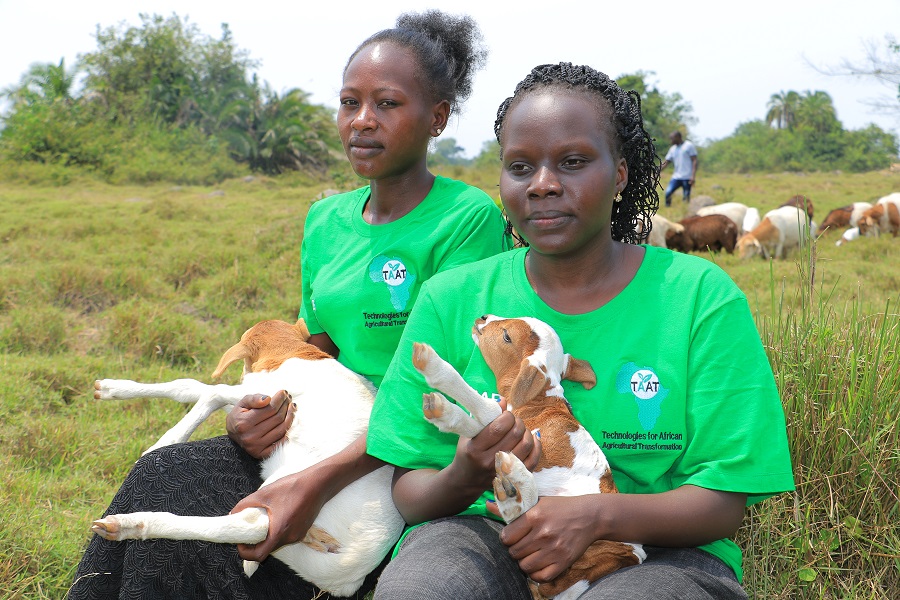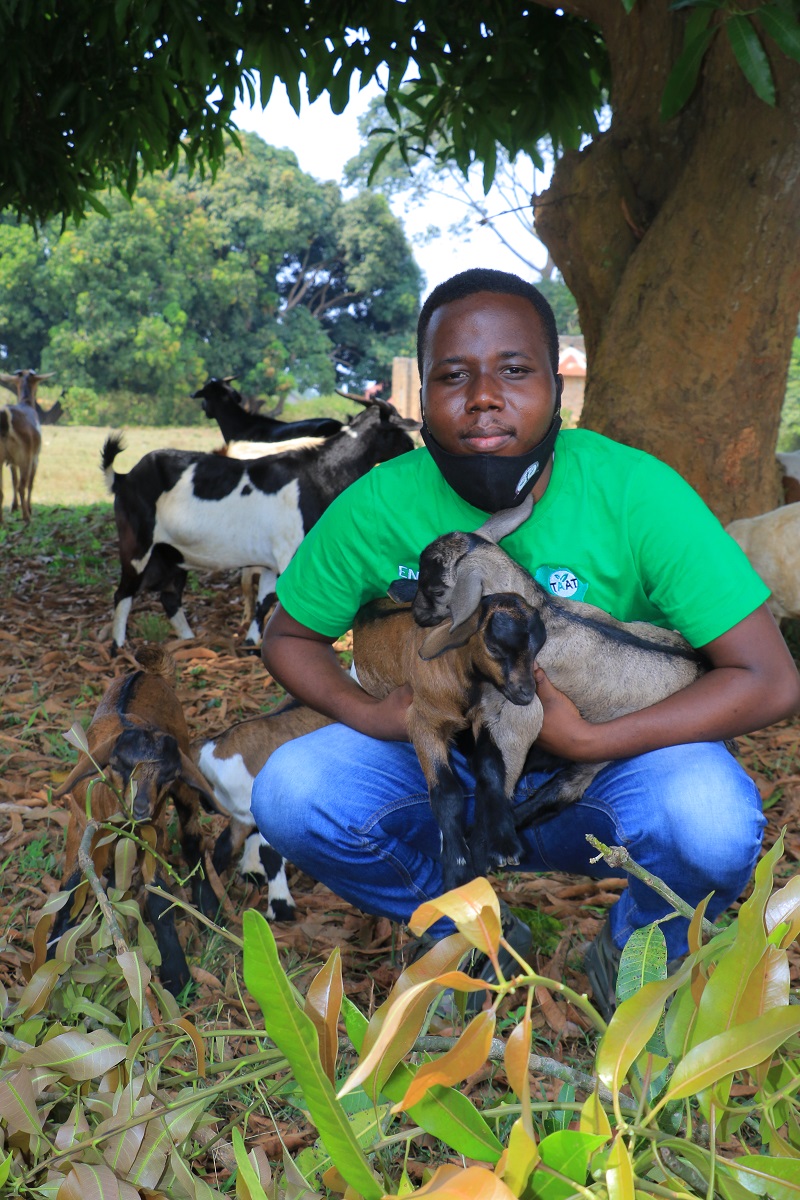How Youth in Agribusiness is reversing migration in Uganda
Youth migration from rural to urban areas is often attributed to a lack of employment in the rural areas. Statistically, more youth crowd up the urban areas searching for greener pastures, whereas those who stay back may find opportunities for income and livelihood in excess.
Migration is particularly is a recurring theme among rural youth.
Agriculture and rural development remain crucial to the rate of rural out-migration to urban areas. According to the Food and Agriculture Organisation (FAO), the agricultural sector needs to attract and engage youth in order to increase global food production by 60 per cent by 2050. In doing so, agricultural transformation can balance out-migration from rural areas and thus contribute to stable growth.
The import of this is not lost on the African Development Bank as it established the Youth in Agribusiness Compact of Technologies for African Agricultural Transformation (TAAT)in 2018 to provide capacity building and technical assistance to youth, particularly to establish and expand youth-led agribusiness enterprises along TAAT value chains such as high iron beans, cassava, fish, maize, small livestock, rice and orange-fleshed sweet potato.
In Kyotera District, Uganda, just like in many other countries, youth migration is rife, owing largely to the seeming lack of livelihood options.
During the COVID-19 lockdown that made many schools and organizations shut down, Diana Nikum and Sumaiah Nakate took the
opportunity to participate in livestock training organised by the TAAT Youth in Agribusiness Compact.
After the training, both ladies purchased five exotic breed sheep. The sheep are being herded on a massive expanse of land, abandoned by those who went to cities in search of opportunities.
Within eight months, the enterprise grew from 5 to 105 sheep, with a projection to have up to 130 sheep before the end of the year. With very minimal input, both ladies were able to run a profitable business.
“There is so much grass around for the sheep to eat, and we get free vaccines from other herders in the community”, Diana said during an interview. The ladies have the vision to diversify into value addition as the enterprise expands.
Apart from the technical training, the Youth in Agribusiness Compact, also known as ENABLE-TAAT, renders business development
services. Diana and Sumaiah have now developed their business plan and have received funding from Equity Bank Uganda to expand the enterprise.
Diana and Sumaiah’s success story is already causing a paradigm shift amongst youth in the area. Many of those who migrated from the village are now being attracted back from the cities. The possibility of accessing capital from Equity Bank further fuels the ongoing reversal trend.
Sponsored by the African Development Bank as part of its Feed Africa Initiative, TAAT’s main objective is to improve the business of agriculture across Africa by raising agricultural productivity, mitigating risks and promoting diversification and processing in 18 agricultural value chains within eight priority intervention areas.
Led by the International Institute of Tropical Agriculture (IITA), ENABLE-TAAT represents the bank’s efforts at mobilising, educating, and equipping African women and youth with the necessary skills and tools for agricultural transformation.
By Omodolapo Ogunsola




